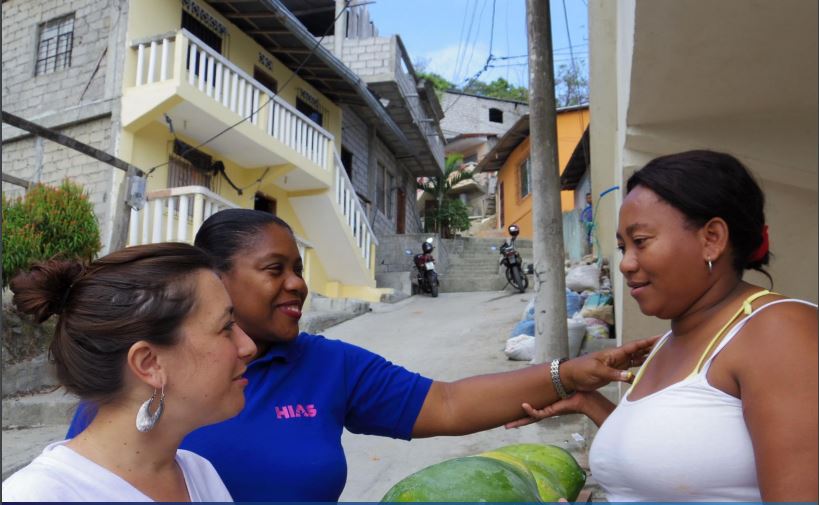Despite the fact that more than half of the world’s refugee population lives in urban areas, UNHCR’s livelihoods programming has traditionally focused on rural areas and camp settings. More attention is needed on how best to address needs of urban refugees and their host communities and increase their self-reliance. While urban areas present great opportunities for inclusion in national systems and services, programming in urban environments also presents great challenges.
This technical guide was developed based on Trickle Up and UNHCR’s experience designing and implementing Graduation projects in urban areas. It also draws on Trickle Up’s broader experience working with vulnerable populations living in extreme poverty in Burkina Faso, Guatemala, India, and Nicaragua. Trickle Up helps people in extreme poverty and vulnerability advance their social and economic well-being. Trickle Up drives large-scale change by partnering with governments, global institutions, and local organizations. Since 1979, Trickle Up has lifted over one million people worldwide — particularly women, people with disabilities, refugees, and indigenous people — out of extreme poverty and into a better quality of life.
Based on the Graduation pilots’ initial successes, UNHCR included the Graduation Approach as a central component in its Global Strategy for Livelihoods 2014–2018. By incorporating the Graduation Approach into UNHCR’s arsenal of livelihoods interventions, we will provide sustainable economic empowerment to more of the poorest refugees than ever before. This guide allows us to share what we have learned through our partnership to inform future actors, including government agencies, development actors, UNHCR Operations, or any other organizations who may be interested in implementing the Graduation Approach in urban areas with refugee populations living in extreme poverty.
The “Graduation in an Urban Refugee Context: A Technical Guide” has been prepared to offer guidance to governments, development actors, NGOs, microfinance institutions (MFIs), UNHCR country operations and other multilateral and bilateral agencies planning to implement a Graduation program targeting refugees. It can also help implementers to better incorporate refugees into inclusive programming. The Technical Guide should be used to support the design and implementation of the Graduation Approach as part of a comprehensive economic inclusion strategy for refugees and their host communities in urban and peri-urban areas.


